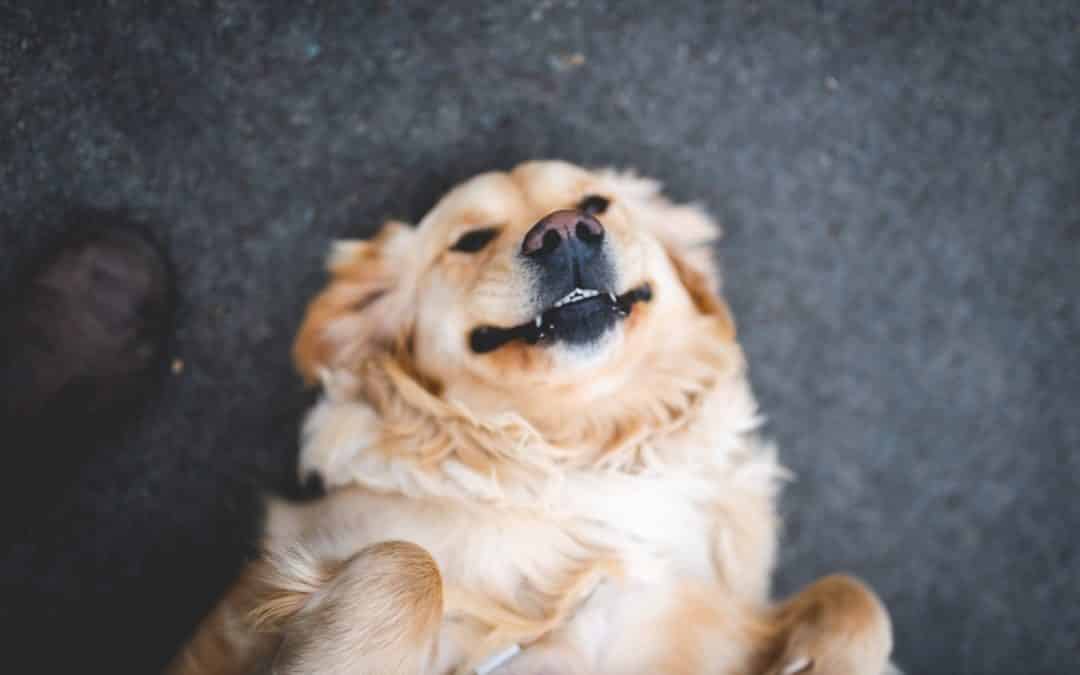When it comes to taking care of your dog, you’re on top of it. You make sure your furry family member has enough food and water, you replace their favorite toys when they’re worn out, and most importantly, you give them lots of love and affection. What you might not realize is that getting your dog’s teeth cleaned is an important part of keeping them healthy.
Regular dental care is just as important for dogs as it is for humans! If your dog has never had their teeth cleaned, you should definitely see a veterinary dentist.
FAQs About Getting Your Dog’s Teeth Cleaned
Recent studies have shown that 90% of dogs have some form of gum disease by the time they’re two years old. Gum disease in dogs leads to tooth decay, tooth pain, and tooth loss, but it can be prevented with regular dental care.
Keeping your dog’s teeth clean is an important part of their overall care. To prevent oral health complications for your pup, we’ve answered a few of the most frequently asked questions about doggy dental care below.
Why is canine dental care important?
Without proper dental care, your dog is at risk of developing dental diseases. Dental problems cause dogs a lot of pain, and can also result in tooth loss, broken teeth, mouth bleeding, and refusal to eat or drink.
Persistent bad breath can also plague your dog if they don’t get regular teeth cleanings. Additionally, bacteria from plaque build-up can enter the bloodstream and spread to vital organs, causing severe damage.
How often should you get your dog’s teeth cleaned?
The frequency of your dental visits will depend on the needs of your dog, but typically we recommend an oral check-up and cleaning once a year. Smaller dog breeds may need to visit more frequently because they are more prone to tooth loss and dental issues.
You should start bringing your dog in for teeth cleanings around the age of 2 years. Most signs of periodontal disease arise before a dog is 3 years old, but bringing them to a veterinary dentist can keep their teeth healthy even longer.
What are the symptoms of gum disease in dogs?
Canine gum disease occurs when bacteria from plaque build-up and cause an infection. Symptoms may include:
- Bad breath
- Bleeding, swollen, or receding gums
- Loose teeth
- Refusal to eat
- Sneezing or runny nose
You may also notice lumps in your dog’s mouth or that they have difficulty chewing. Periodontal disease in dogs can be very serious, so schedule an appointment right away if you notice these symptoms.
What if my dog has never had his teeth cleaned?
It’s never too late to start looking after your pet’s oral health. Older dogs who’ve never had their teeth cleaned likely have a lot of tartar buildup on their teeth and under their gums and a higher risk of periodontal disease.
Since canine dental cleanings always involve anesthesia, talk to your vet about the risks of sedation for older dogs. As long as your dog is healthy, they should have no problems, but senior dogs with underlying health issues may need alternative options for dental care.
Dog Teeth Cleaning in Gilbert
Anasazi Animal Clinic recommends brushing your dog’s teeth every day to prevent gum disease and tooth loss. We realize that this is not always a possibility, however, especially with older dogs who are not used to dental care. Luckily, our team is trained to handle all of your pet’s dental care needs. Schedule a yearly oral exam with us to keep your pooch smiling and healthy.
Dental care is just as important for your dog’s health as it is for yours! Schedule an appointment today to protect your pet’s teeth. Call us at 480-497-0505 or contact us online to book your dog’s yearly oral health checkup.
Photo by Stephen Andrews on Unsplash

